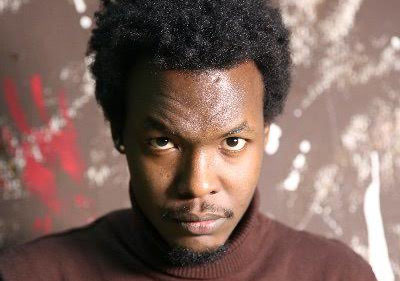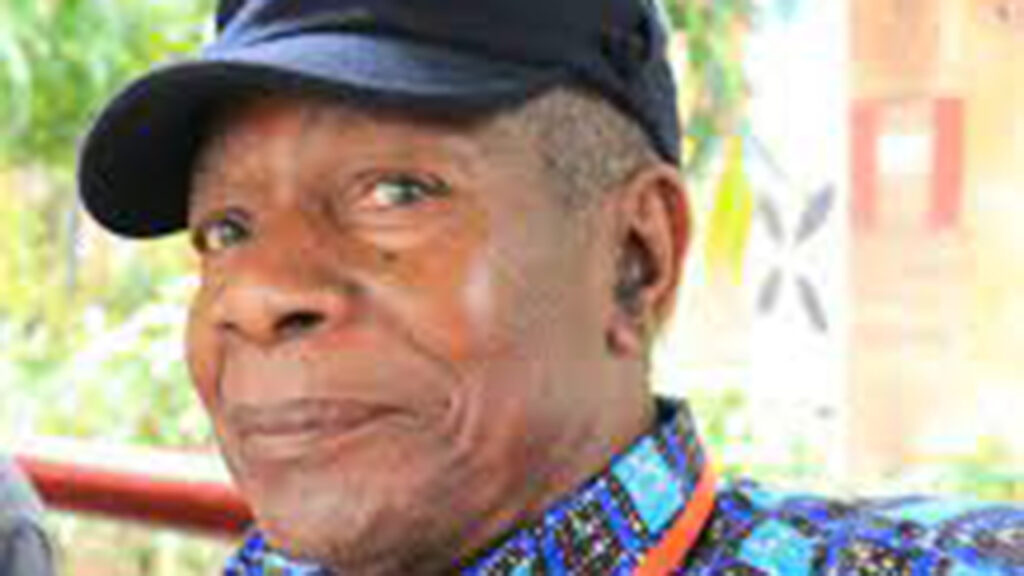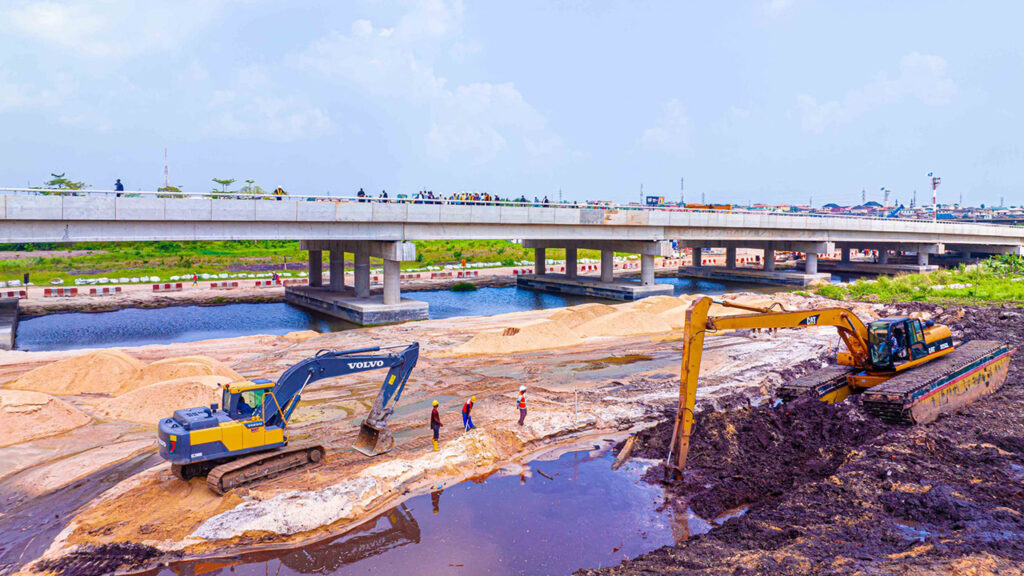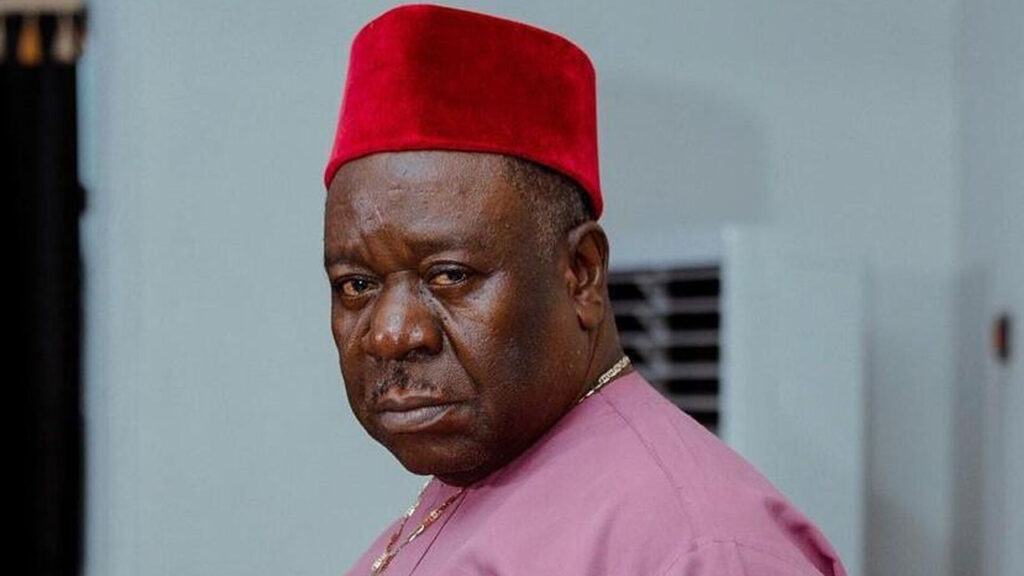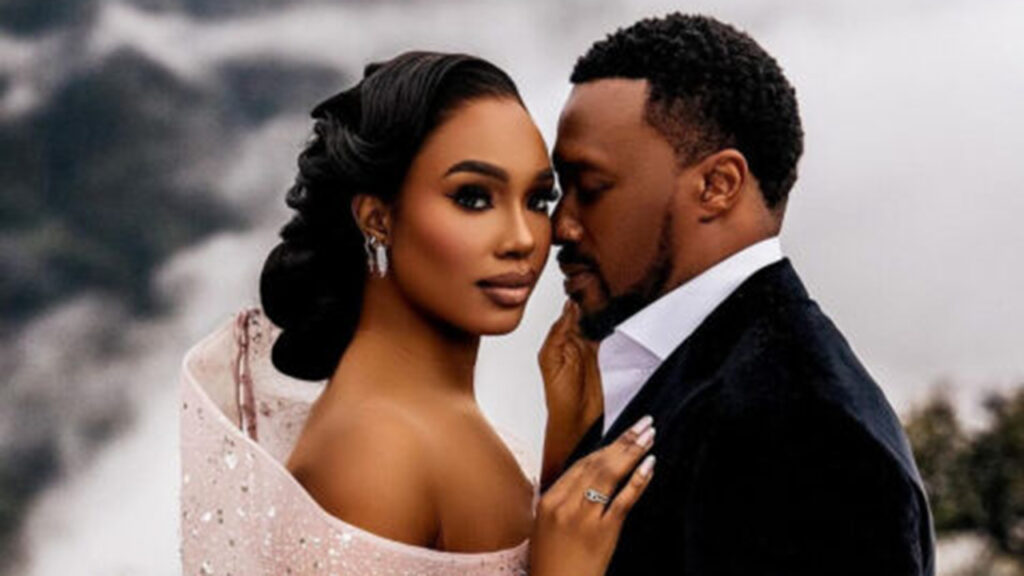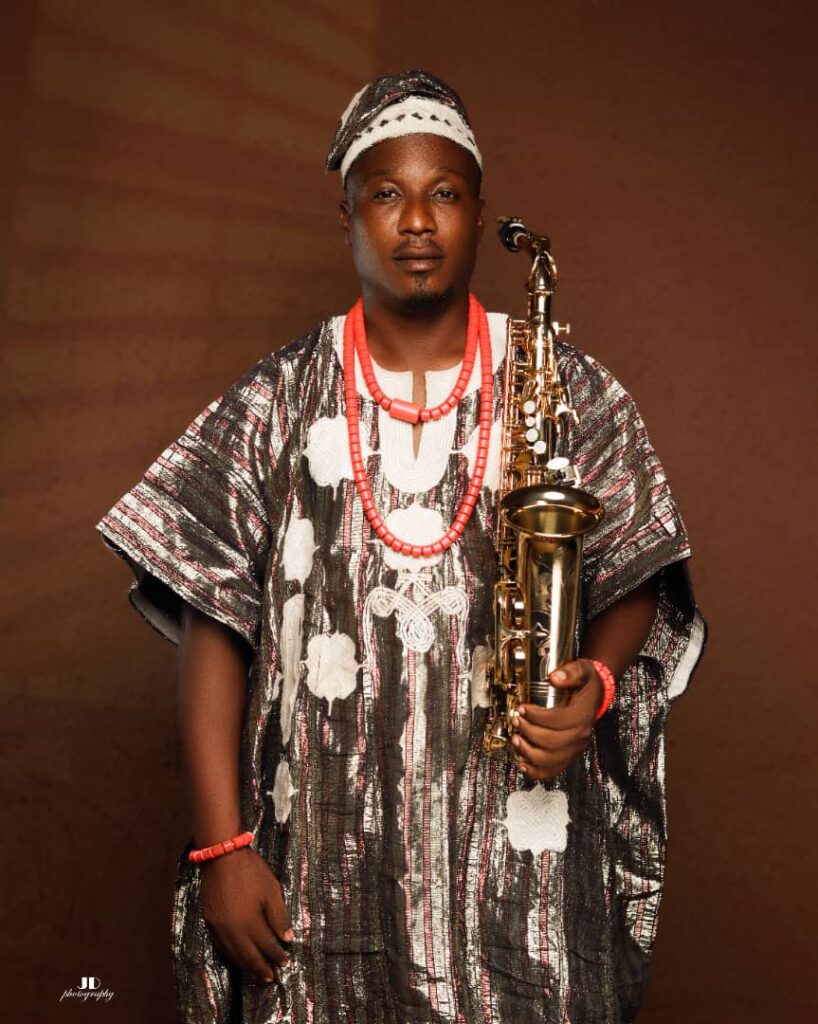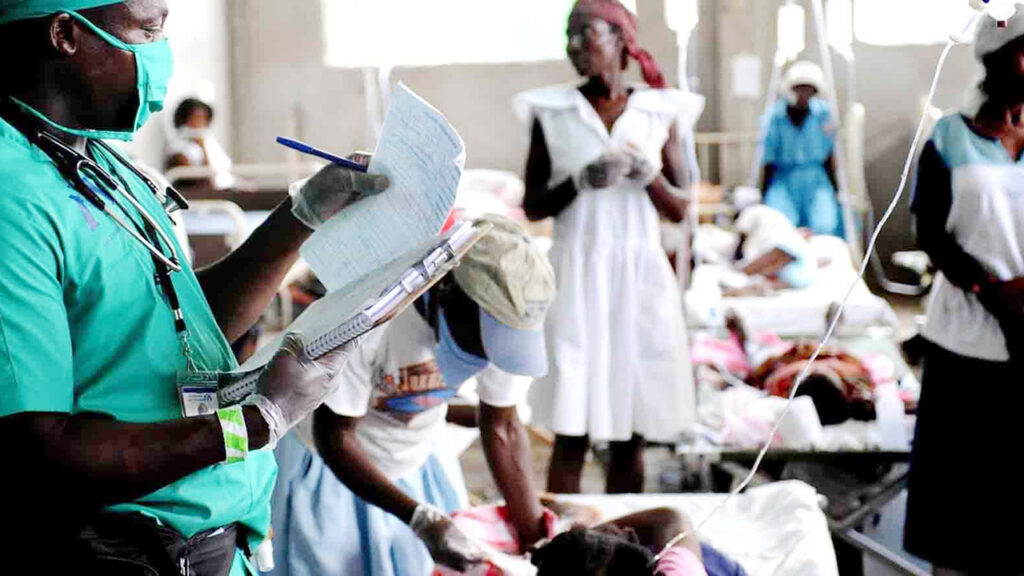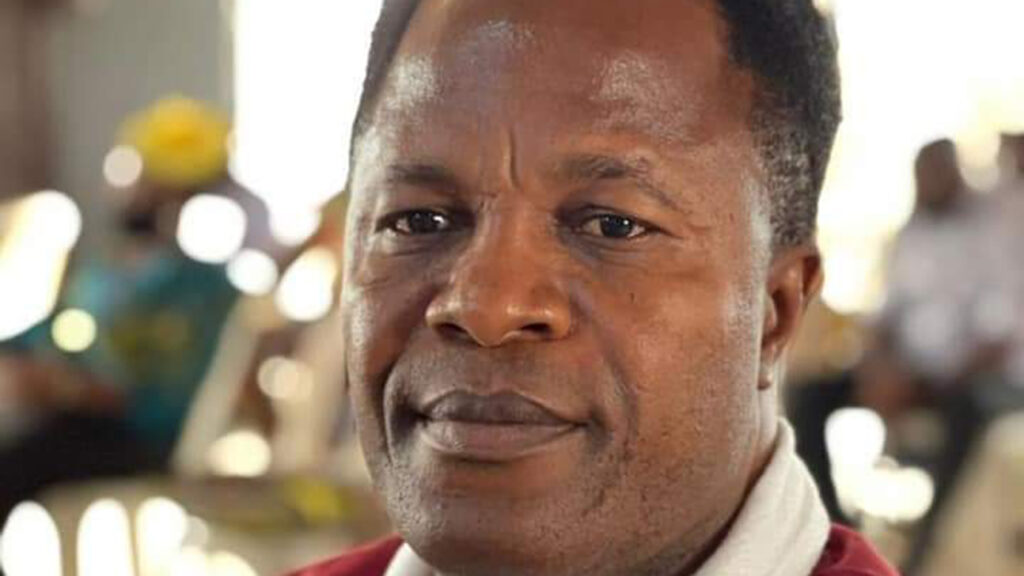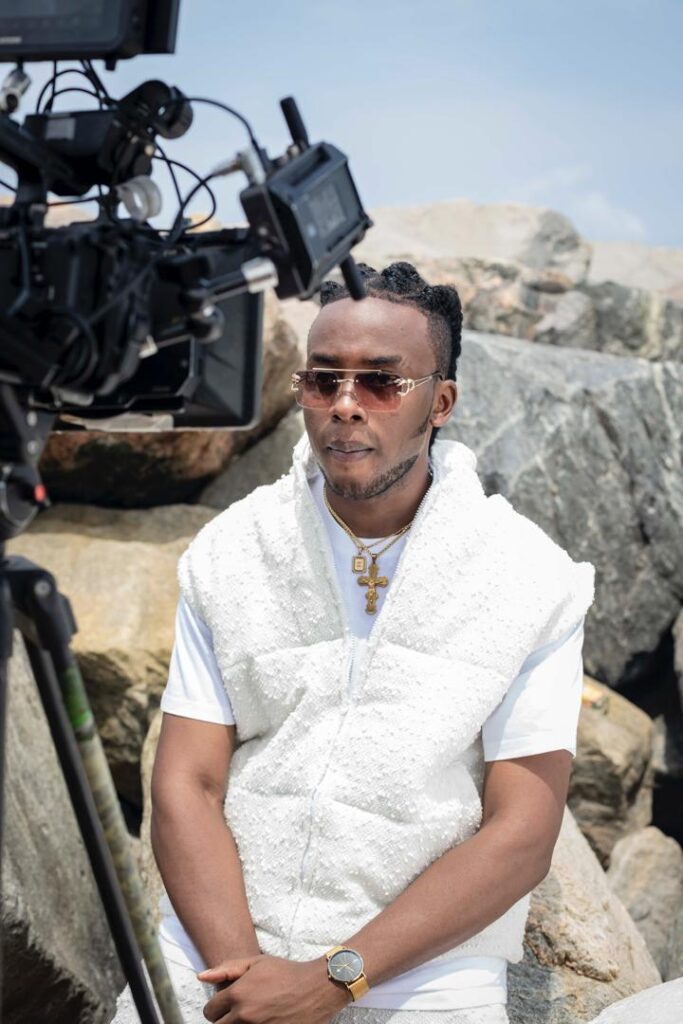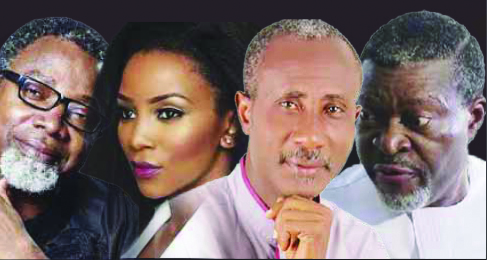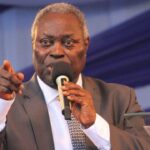
As more private investors pump dire-needed capital into Nigeria’s creative industry, the film industry has grown in leaps over the years. From talent nurturing to upscaled productions and even wider distribution, Nigerian films have become favourites for cinema lovers.
The First Features Project is one of such invaluable investments into the cesspool of filmmaking talent in Nigeria. The one billion naira project, which is a collaboration between Native Filmworks and Michelangelo Productions, is spearheaded by ace filmmakers Steve Gukas and Dotun Olakunri and is aimed at training, funding and providing mentorship support for 12 filmmakers.
As the initiative rolls out its second feature film, Love and Life, the talented director, Reuben Reng, shares his experiences on telling this riveting romantic drama about relatable conjugal quagmires and exploiting the opportunities of the First Feature Project, among others issues.
How do you feel at this point putting out this work?
I’m extremely happy, excited and somewhat overwhelmed by the fact that the film is out and all of the labour we put into it, and having seen it now that people enjoy it. The confidence that I got from that is that a large percentage of the audience, if not all, will equally enjoy the film, just as we did during the screening. I think it kind of put me in a space where I would say now that we are counting this. As much as I’m excited, I would say I’m slightly scared of the reception.
As much as I’m confident that the reception would be good, there is this thing behind my mind that tells me just cross your fingers and hope that everything works well. I mean, overall, I’m just generally excited and overwhelmed a little bit to be honest by the whole fact that this is happening; you know that the film is coming out and people are giving their positive feedback.
Is this your first major project?
Yes, this is actually my first major project coming out. It’s my first feature coming out and I’m thankful for the opportunity for this to happen and on this massive scale to be honest. I mean, I have done other things, but none can be compared to this state of production or story in essence.
How was the experience working with a star-studded cast that includes the likes of Rita Dominic, Nse Ikpe-Etim, Michelle Dede and others?
It was intriguing working with this cast considering they are people that I saw on the screen whilst growing up as a young man, engaging myself in Nigerian films and all of that. And to be honest, some of the people that I liked, like Rita Dominic, are the people that I watched while I was in secondary school. So, working with them directly, at first, I was star-truck; but then they were down to earth, very open, very professional and very responsive to conversing; discussing the story and bringing their interpretations to the story and its characters.
Also, working with me along the whole stretch of the journey, it was just fascinating for me to be in that collaborative state with them. Most things that I didn’t even notice, they called to my attention. And I learned a lot during that process. It was fantastic; I was happy; it was almost like every day I was looking forward to going on set. You know I had to mingle with them, I had to talk to them, I had to share ideas and figure out how best it could come out.
The fact that they were able to do their homework, but then, their own interpretation of the story made almost half of the job done, because they just got to have fun with the characters. It was a lovely process and directing them was a great experience.
What essentially drew you to Love and Life story?
One of the things that I love about Love and Life is the fact that the story dealt with human issues. It was dealing with our everyday life like friendship; it was dealing with sacrifice and grief; it was dealing with love and all of that. And for me as a filmmaker and storyteller, I’m pretty much telling stories that make us, help us or that are part of us; a part of our everyday life.
How did the First Features Project impact your career as a filmmaker?
The major thing about the project was to train the film director with a new perspective and a new style of telling stories, but at the same time also meeting the basics of storytelling. Having attended the boot camp, it kind of just reminded me of things I learned in film school where the detail of the story or the detail of the filmmaking starts before the production of the film itself.
During the process, we were into the different stages of film production from the idea all the way to the production and also post production. So, the whole process of the boot camp all the way to post-production was like a compressed version of what you get from film school, where you have these facilitators who came along and put us through the process.
What they were able to do was to guide us to the process of filmmaking from the ideation to post-production. We were taught to understand the story, to visualise it in pre-production and to build the wall of the story in pre-production. We were taught to also hear the sound, hear the music, hear the dialogue, hear the actors and the characters in the story. It was pretty much the major thing that I learned, which was putting as much as you can in the pre-production stage of your story telling.
How did you get involved in the First Feature Project?
I mean, you know how hard it is to make a feature film in Nigeria and the hustle to get money; it is almost not an easy business to invest in. It is very difficult actually to get people to invest in your project or a film project.
How I kicked off on this project was; I have known Steve Gukas for a long time, since 2012, after my first degree in the university. I started as a mentee under him. For a long time, I had been wishing to work with him. I soon went on to doing my own thing and started creating films. When he came up with the initiative and made an announcement, I joined the bootcamp and all of that. It was a quite interesting process and it was an intense two-week bootcamp.
What type of stories would you want to make next?
Specifically, Love and Life was chosen for me, but then, what I did was to own the story and to understand the story. And one of the things that are actually interesting about the story is the fact that it talks about the issues that affect us on a daily basis. As people, we are friends; we deal with friendships and the issues of friendship, and then the issues of sacrifice in friendship and standing in for your friends when they need you.
I think the general theme for me was just the theme of friendship as regards the movie. We don’t really have stories that can navigate the complexity of friendship and how each and every one of us deals with friendship and all of that. I actually love stories that can deal with the human condition. Issues that affect us as people or highlight particular problems in society.
I watch a lot of American dramas. I love action movies as well, but I watch more dramas because I can feel it, I can see myself; I can literally relate to drama because it’s pretty much our everyday life. Those are the kind of stories that I like to tell; stories that highlight issues in the society, stories that caution human issues and all of that.
What’s your vision as a filmmaker?
I want to tell stories about Nigeria, Nigerian people and issues in the world. Like I said earlier, my dream and goal is to tell stories that affect us as people; stories that Nigerian audiences will watch and feel connected to. Stories that resonate with them; touch them and give them a rethink of their lives and their ideologies. I’m very much looking forward to doing films like Love and Life and talking about different issues.

